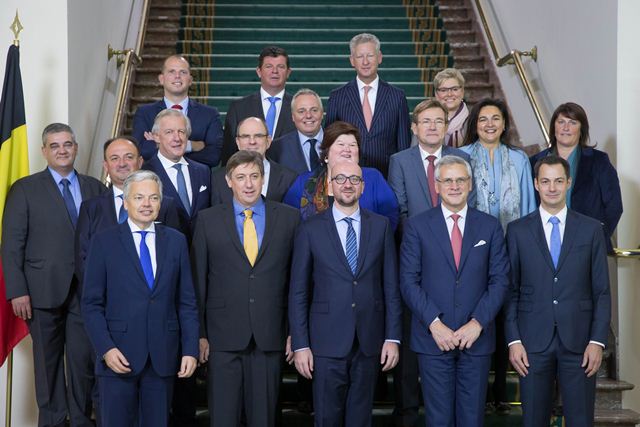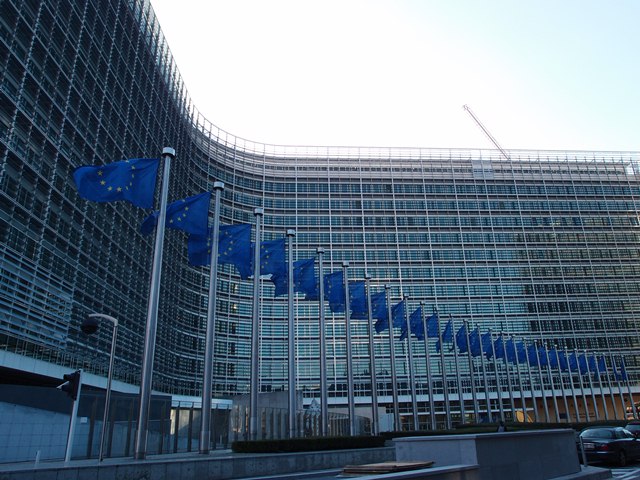|
Scottish Referendum; Is it the Beginning or the End? (No.3)
4th November 2014
 Already a month and a half has passed since the referendum was held on the independence of Scotland on 18 September, which was decided with a ‘no’, with about a 10% margin. At the time almost every TV-channel closely followed the run-up to the referendum. I believe it was highly covered in the news in Japan as well. However, it seems things have calmed down now as if nothing happened. Regarding Catalonia in Spain as well, once the Catalonian regional authorities decided on carrying out such a referendum, but they were met with opposition by the central government and in the end the referendum was to be put on hold. Already a month and a half has passed since the referendum was held on the independence of Scotland on 18 September, which was decided with a ‘no’, with about a 10% margin. At the time almost every TV-channel closely followed the run-up to the referendum. I believe it was highly covered in the news in Japan as well. However, it seems things have calmed down now as if nothing happened. Regarding Catalonia in Spain as well, once the Catalonian regional authorities decided on carrying out such a referendum, but they were met with opposition by the central government and in the end the referendum was to be put on hold.
AJapanese proverb goes: “the mountains have brought forth a mouse”, which means that after much furore, in the end nothing really happens. This seems to be the case on the surface in the current situation, but is it really so? In this LFB (Love Letter from Brussels), I would like to share two of my impressions on this matter, having witnessed them soon after my arrival in Belgium.
Is it only the beginning? Is Belgium next?
“Will Belgium be next after Scotland?” “Has the political party that has been pushing for Flemish independence not become the leading party in Belgium?” These questions have been the tone of certain news outlets in Japan, but in the end, I feel the influence the Scottish referendum has on the separation movement in Belgium is quite limited in the short term. This is because Belgium went through long discussions, had several state reforms, and thus already evolved considerably towards self-governed regions, so I do not think there is a great layer of people wishing complete independence any further for now.
 © Belga Besides a federal government (central government), there are three regional governments (Flanders, Wallonia, and Brussels-Capital Region), as well as three community governments (Dutch-speaking, French-speaking, and German-speaking) in Belgium. None of these government bodies are above or below one another. The federal government’s authority is limited to: foreign affairs, national defence, justice, and social security. On the other hand, economic matters such as economic growth, regional development, housing, employment, agriculture, energy, and environment all fall under the authority of the regional governments. Culture (tourism, sports, television etc.), health care and education are governed by the communities. For example, when talks are held between Japan and Belgium on the matter of investment promotion, it does not suffice to only talk to the federal government. At the same time, it is necessary to also talk to each of the three regional governments, as well as the economic organisations within separately. It is quite complicated.
Then, is it the End?
The Scottish referendum was a one-shot movement. Will it be over now? Not necessarily, I think.
 Looking at Europe, not only in regions where separation movements such as in Catalonia clearly exist, but also in countries such as Italy, which is a nation born out of the unification of traditionally and culturally different city states (in-between a nation and a community), the trend is that cohesive communities, not delimited by national borders, are deemed more important. Looking at Europe, not only in regions where separation movements such as in Catalonia clearly exist, but also in countries such as Italy, which is a nation born out of the unification of traditionally and culturally different city states (in-between a nation and a community), the trend is that cohesive communities, not delimited by national borders, are deemed more important.
Now, you might consider this the opposite of strengthening European integration. This is because, on the one hand the authority of the central government in those countries is limited; on the other hand, it is perhaps so that while being protected by the framework of the EU, the people’s attention has shifted once again to the community they feel they clearly belong to. Before the Scottish referendum got any attention, I heard the following story from a leading person of a local region in Southern Europe: “When Rome was still strong, it was difficult because they interfered often. However, the political power has shifted from Rome to Brussels. Surely Brussels will not keep a watchful eye on our every action. As such, our time of regional presence will come again.”
This may perhaps be an overstatement, but even though it does not influence the state system itself, this European trend seems to be strengthening steadily.
With this said, I would conclude that the Scottish referendum is neither the beginning, nor the end. What do you think?
|

